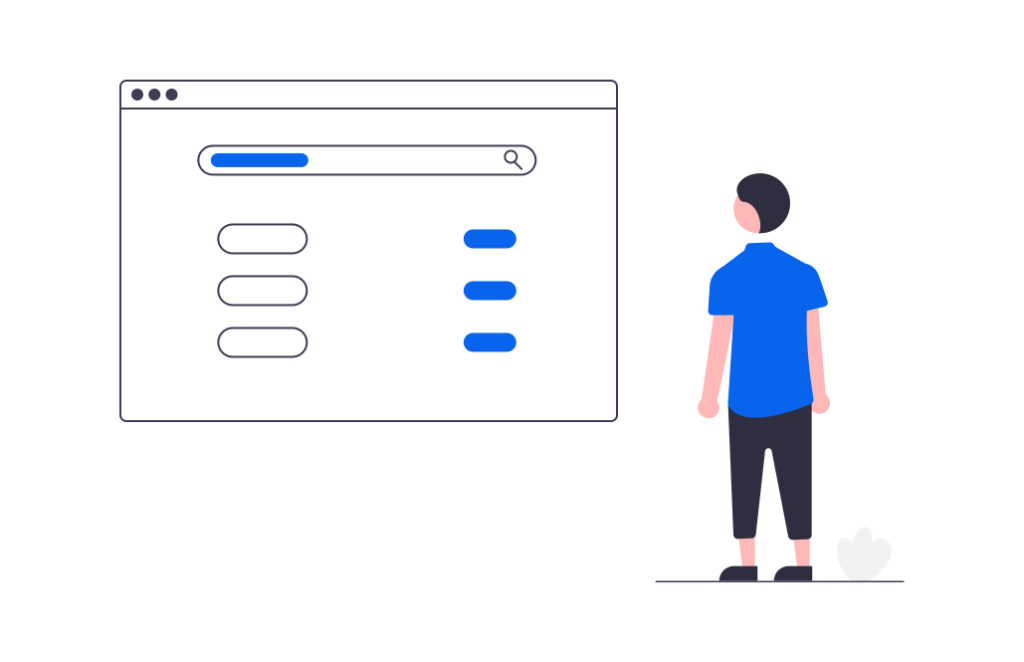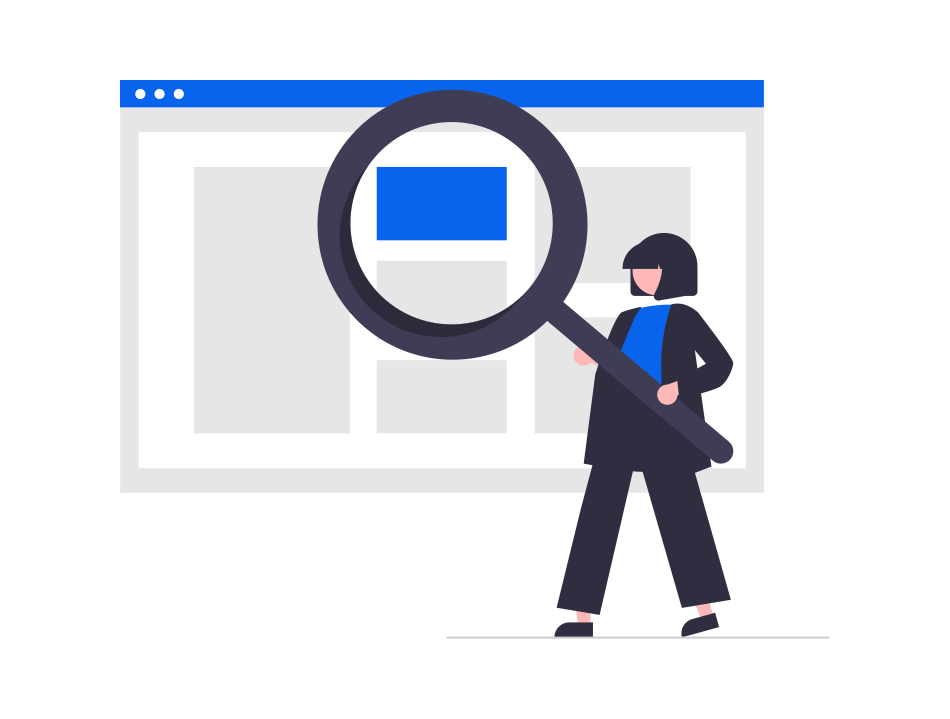Did you know that there are about 1.5 billion websites in the world today? Of these, about 200 million are active.
But for the savvy web entrepreneur, you just need a few of the right websites to turn a profit.
For those who are just getting started, it pays to ask the most basic question: what is a domain name? And how do you earn money on domains? Here’s a quick and easy guide to help you get started.

Domain Names Explained
A domain name is simply an easy way for your visitors to find your website online, think of it like an online address. Every website has a unique domain name that helps people find it, but some domains are more valuable than others. Any Internet-connected computer can be located with its IP address, and a computer can handle IP addresses easily. But humans have a hard time remembering IP addresses. Plus, the address might change over time, and either way, typing in an IP address doesn’t tell you anything about what the website offers.
Rather than typing in the physical IP address of the site, a user can type in the domain name, such as example.com. Think of a domain name as a unique custom address for your website.
Every domain name has two basic parts: the name and the extension, separated by dots and read from left to right. Ergo: example.com. The name, in this case, is “example” and the extension is “.com”. The https at the front stands for Hypertext Transfer Protocol (a way to send and receive information on the Internet) while the “s” indicates a secure connection. The “www.” is a subdomain indicating different sections in the same domain used for different content.
To be clear, a domain name is not the same thing as a Universal Resource Locator (a.k.a. URL). A URL is the full web address used to locate a website, while a domain name is a simpler, translated version of an IP address.
A domain name is NOT a website with content, it is the term you type after ‘http://www.’ to visit the website.

Types of Domains
There are different types of Top Level Domains, or TLDs; global TLDs (gTLDs) such as .com or Country Code Top Level Domains (ccTLDs), such as .co.uk (UK), .de (Germany), etc.
Everything to the right of the dot (.) is the TLD extension. Example domain.com .
Domains can be registered from 1-10 years, but some ccTLDs such as .de, allow for 1-month registrations.
On the World Wide Web, you’ll see a few main types of domains and domain name extensions:
- Generic Top-Level Domains (gTLDs)
- Top-Level Domains (TLDs)
- Country Code Top-Level Domains (ccTLDs)
- Premium Domains
- Branded Domains
- Misspelled Domains
- Expired Domains
Generic top-level domain examples would be domain extensions such as .com, .edu, .info, .org, and .net.
Top-level domains are great options if your business keyword isn’t available in a gTLD. Examples would include .co, .net, and .io.
Country code top-level domains are best suited for websites targeting a specific country. Examples would be .us, .uk, and .jp. In order to own one of these, you do have to be a resident of that country.
Premium domain names (which are likely all registered already) contain properly spelled dictionary words, perfectly describe a product or service, and/or are typically less than 14 characters, excluding the domain extension.
Branded domains do not contain dictionary words, do not perfectly describe a product or service, but may sound catchy and great as a company name. These domains are typically 4-8 characters long, and a great example would be a website like bodis.com.
Mistypes are misspellings of other domains/websites. This is a popular tactic in domain parking, in which you draw visitors from highly trafficked domains to a parked page and make money off of the ads on the page. But you do have to be careful sometimes, as you do not want to violate any copyrights.
Expired domains were previously registered but are now available for re-registration.

How Can You Make Money With Domains?
This brings us to your money-making tools: domain flipping and domain parking.
The basic premise of domain flipping is the same as flipping a house. You essentially buy a domain name as cheaply as possible, or hand-register a domain and sell it to another party for more than you bought it for. There’s a bit more art to it than that, but that’s the basic process.
This can be quite useful for both flippers and interested website owners. Remember, most of the 1.5 billion websites online are not active, but the domains were registered once. If someone else is interested in registering a domain name, you can make a profit by selling it to them.
While you’re waiting to sell your domains, you can monetize them by parking them, which you can learn more about doing that here: what is domain parking.
Start Making Money With Your Domains
What is a domain name? In short, it’s a window to the Internet—and a way for you to begin learning about a simple way to make some passive side income.
If you’re looking to get started with domains, make sure to check out the rest of our site for more great tips and advice, like our review of the lifecycle and drop process of a domain. And remember: the world (or at least, the World Wide Web) is your oyster.
SPONSORED
Ready to start monetizing your domain names? Register with BODIS to maximize your domain revenues.
